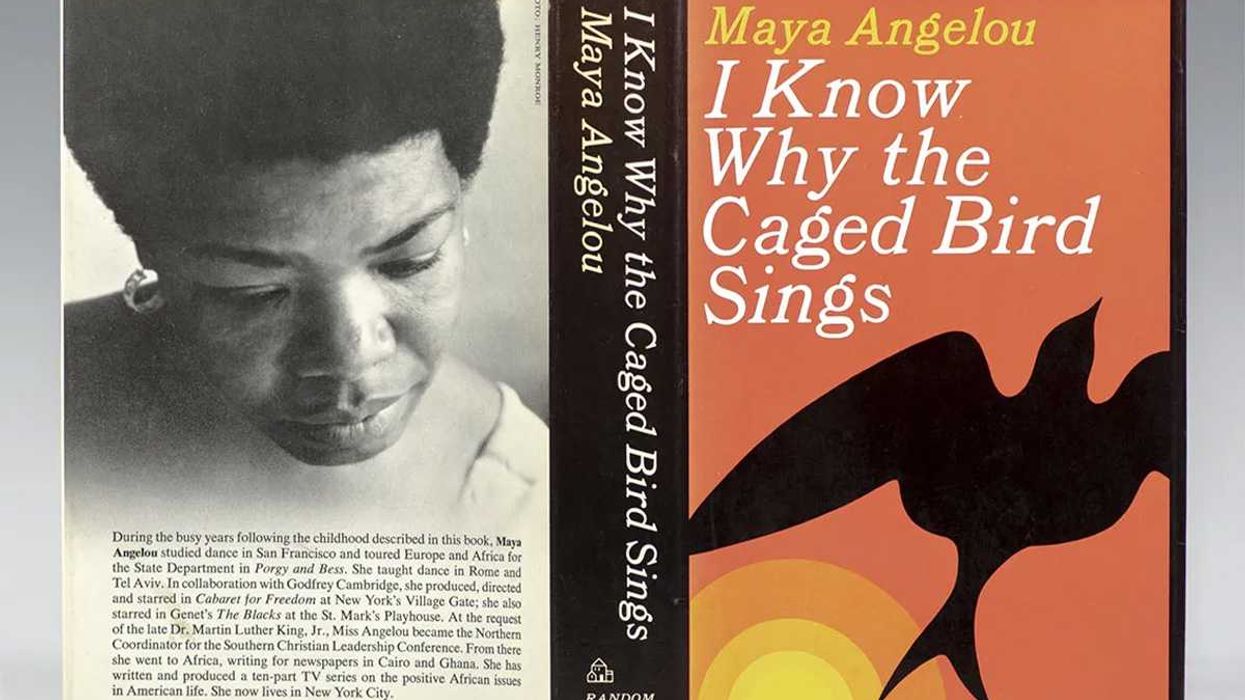This article originally appeared on 01.26.15
When blizzards line up to rip through the Northeast, schools close, flights are canceled, and people even board up their houses. Though missions and homeless shelters do what they can to provide safety to those who have no homes to go to, thousands of people still have to weather the cold outside.
At Carnegie Mellon University's 2015 Impact-a-Thon, students were challenged to provide a temporary low-cost shelter for homeless people during the winter. One team of students came up with the “Satellite Shelter," an insulated sleeping bag that converts into a tented structure. The students used mylar, a reflective material frequently used in greenhouses and space blankets, and wool blankets to ensure the shelter would keep anyone in it safe from the cold.
“We wanted to make sure it was super-portable and durable so that it's easy to carry," said student Linh Thi Do, who worked on the project. “We have wheels on it so it's easy to move from place to place."
Solutions like this one are handy in an emergency. Perhaps, however, other cities should take note of the city of New Orleans' success in providing long-term housing solutions for its homeless veterans. The only perfect solution to homelessness is giving people permanent homes to go to at night.
















 Self reflection.Photo credit
Self reflection.Photo credit  Older woman touching hands with a younger self.Photo credit
Older woman touching hands with a younger self.Photo credit  Sign reads, "Regrets Behind You."Photo credit
Sign reads, "Regrets Behind You."Photo credit 
 Couple talking in the woods.
Couple talking in the woods. Woman and man have a conversation.
Woman and man have a conversation. A chat on the couch.
A chat on the couch. Two people high-five working out.
Two people high-five working out. Movie scene from Night at the Roxbury.
Movie scene from Night at the Roxbury.  Friends laughing together.
Friends laughing together.
 Maya Angelou reciting her poem "On the Pulse of Morning" at President Bill Clinton's inauguration in 1993.William J. Clinton Presidential Library/
Maya Angelou reciting her poem "On the Pulse of Morning" at President Bill Clinton's inauguration in 1993.William J. Clinton Presidential Library/  First edition front and back covers and spine of "I Know Why the Caged Bird Sings."Raptis Rare Books/
First edition front and back covers and spine of "I Know Why the Caged Bird Sings."Raptis Rare Books/ 
 Tow truck towing a car in its bedCanva
Tow truck towing a car in its bedCanva  Sad woman looks at her phoneCanva
Sad woman looks at her phoneCanva  A group of young people at a house partyCanva
A group of young people at a house partyCanva  Fed-up woman gif
Fed-up woman gif Police show up at a house party
Police show up at a house party 
 A trendy restaurant in the middle of the dayCanva
A trendy restaurant in the middle of the dayCanva A reserved table at a restaurantCanva
A reserved table at a restaurantCanva Gif of Tim Robinson asking "What?' via
Gif of Tim Robinson asking "What?' via 

 An octopus floating in the oceanCanva
An octopus floating in the oceanCanva